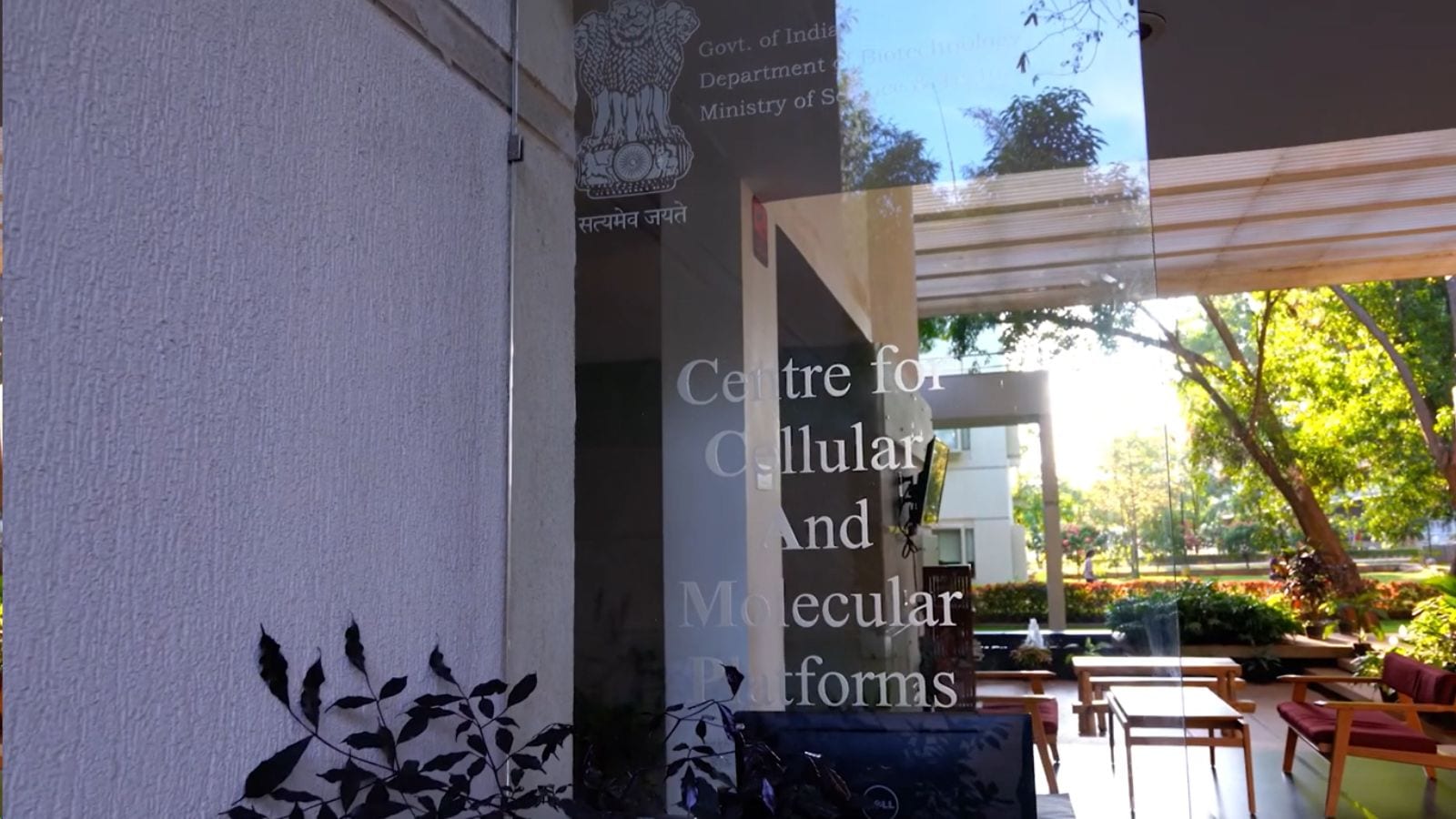Bengaluru’s C-CAMP develops platform for studying single cells cost-effectively
The OptiDrop setup can cost a lot less than equivalent flow cytometry machines, according to C-CAMP.
 CCAMP is an Indian government initiative. (CCAMP via YouTube)
CCAMP is an Indian government initiative. (CCAMP via YouTube)The Centre for Cellular and Molecular Platforms (C-CAMP) in Bengaluru on Monday announced that it has developed a new platform that makes it both easier and cheaper to study single cells. It is called OptiDrop and it can find potential applications in fields like diagnostics, therapeutics, agriculture, and animal health.
C-CAMP is an initiative of the Department of Biotechnology at the Indian Ministry of Science, Technology and Earth Sciences. It was established in 2009 and is one of India’s premier biosciences research and innovation hub. The findings of the study on OptiDrop were published in the journal Nature Microsystems and Nanoengineering last month.
Flow cytometry refers to a particular kind of test used to analyse the characteristics of cells or particles. In flow cytometry, cells or particles are suspended in fluid and injected into the machine which analyses them.
 Experimental setup for the OptiDrop platform. (C-CAMP)
Experimental setup for the OptiDrop platform. (C-CAMP)
OptiDrop allows the study of single cells covered in droplets and its affordability, live data visualisation feature, smaller data footprint and “closed system design” will make it a great benchtop technology for many clinical applications, according to the organisation.
“Traditional flow cytometers, used for fluorophore-based biomarker detection, are limited by high costs, bulkiness, and larger sample volume requirements, often restricting their usage to few hospitals, research or diagnostic labs. Optidrop will have game-changing downstream applications, including studying the impact on individual cells during a drug screen, environment control (water contamination counter), detection and sorting of CAR-T cells in immuno-oncotherapeutics, selection of CRISPR-modified single cells and selection of high-efficiency clones in single-cell genomics,” said Taslimarif Saiyed, CEO and Director of C-CAMP and one of the lead authors of the paper, in a press statement.
The cytometers available at present can cost up to Rs 40 lakh, sometimes even in crores. CCAMP claims that the OptiDrop setup will be cost-efficient and will likely be around Rs 10 lakh depending on the requirements.







